15 Flippin’ Fantastic Facts About Pancake Day
Get your frying pans ready! These fifteen fabulous fried facts will flip your world!
For all pancake lovers, Pancake Day has to be THE best day of the year! But there’s loads about it you probably don’t know. Do you know what they eat in Iceland, how many eggs Brits eat on Pancake Day – or why it has to be about pancakes anyway? You’re about to find out! For more fun facts, learn all about Eurovision – or maybe you’d prefer to learn about pirates? Or go crazy with 20 weirdest history facts!
1. Its real name is Shrove Tuesday
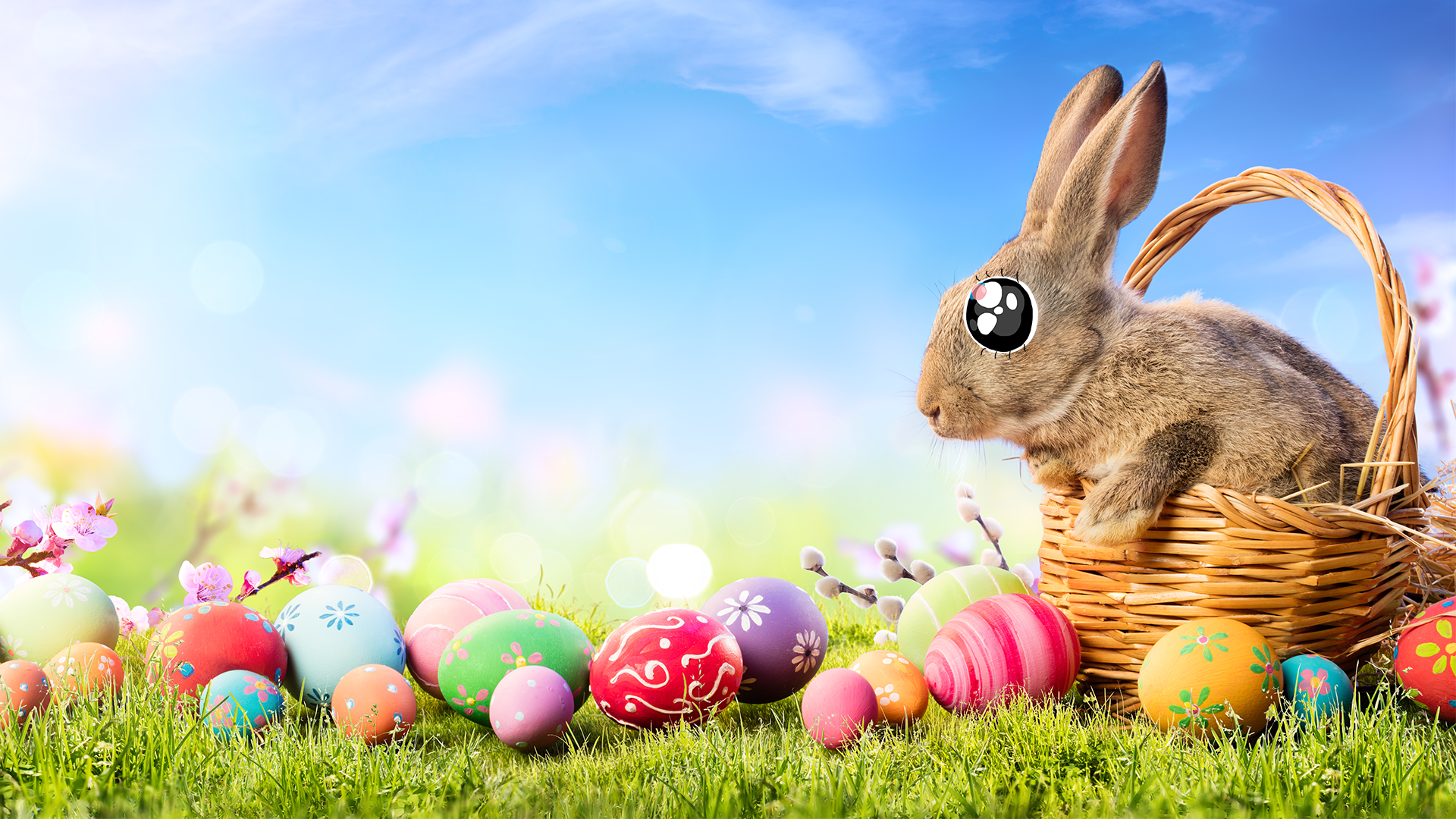
In Christianity Shrove Tuesday is a feast day before the beginning of Lent, which is the 40-day period leading up to Easter. During Lent you’re supposed to give up something to respect Jesus Christ’s fasting, so on Shrove Tuesday people often have feasts and indulge in whatever they’re giving up. “Shrove” comes from the word “shrive”, which means to be forgiven in the eyes of God. “Pancake Day” is a mostly British term – Shrove Tuesday has different names in different places!
2. It moves around
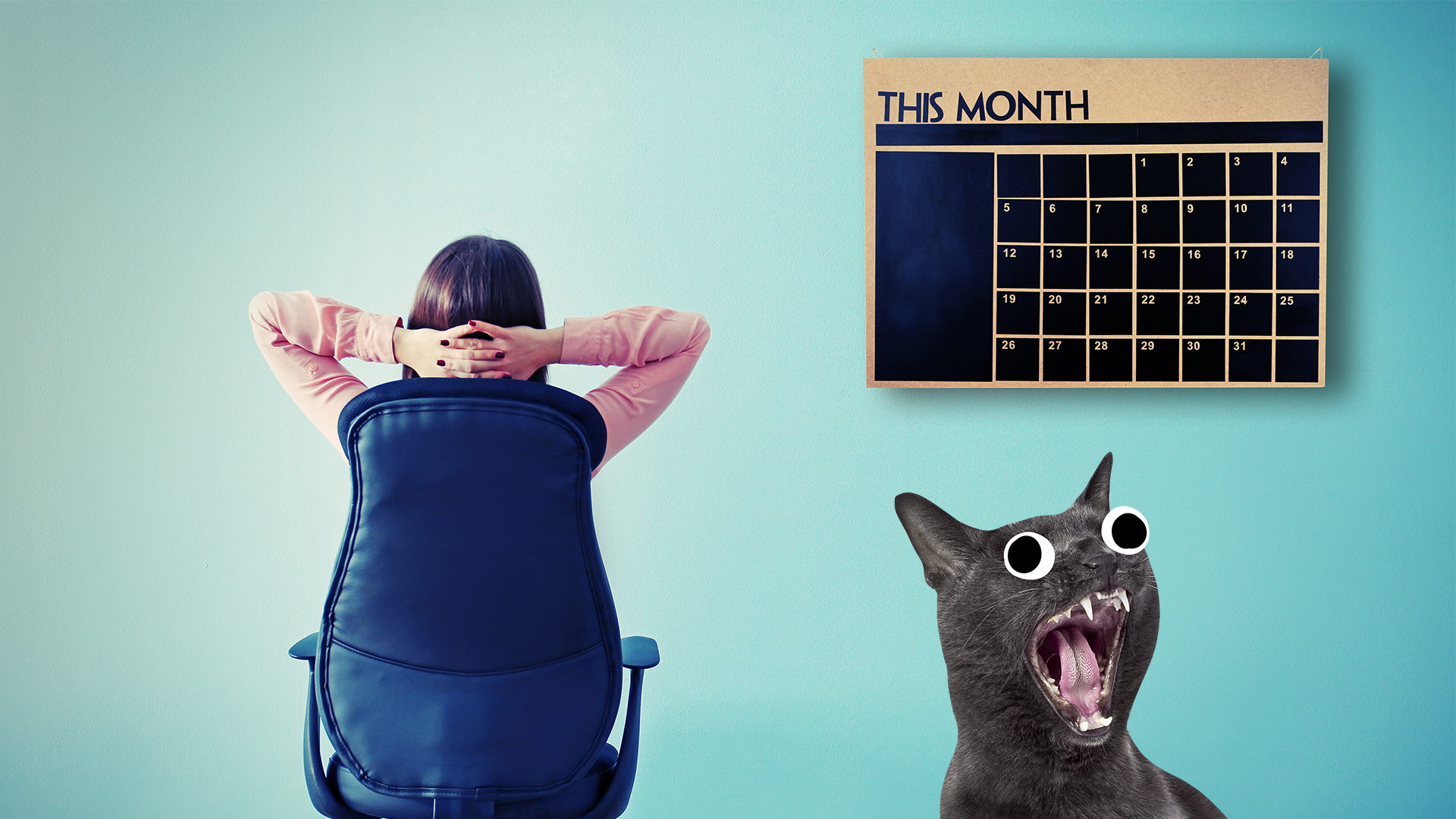
Shrove Tuesday always falls 47 days before Easter, and Easter moves around every year (unlike Christmas, which is always on the 25th of December). It usually happens between the 3rd of February and and the 9th of March. Take a look at your calendar to see what day it is this year!
3. In some places it’s a HUGE party
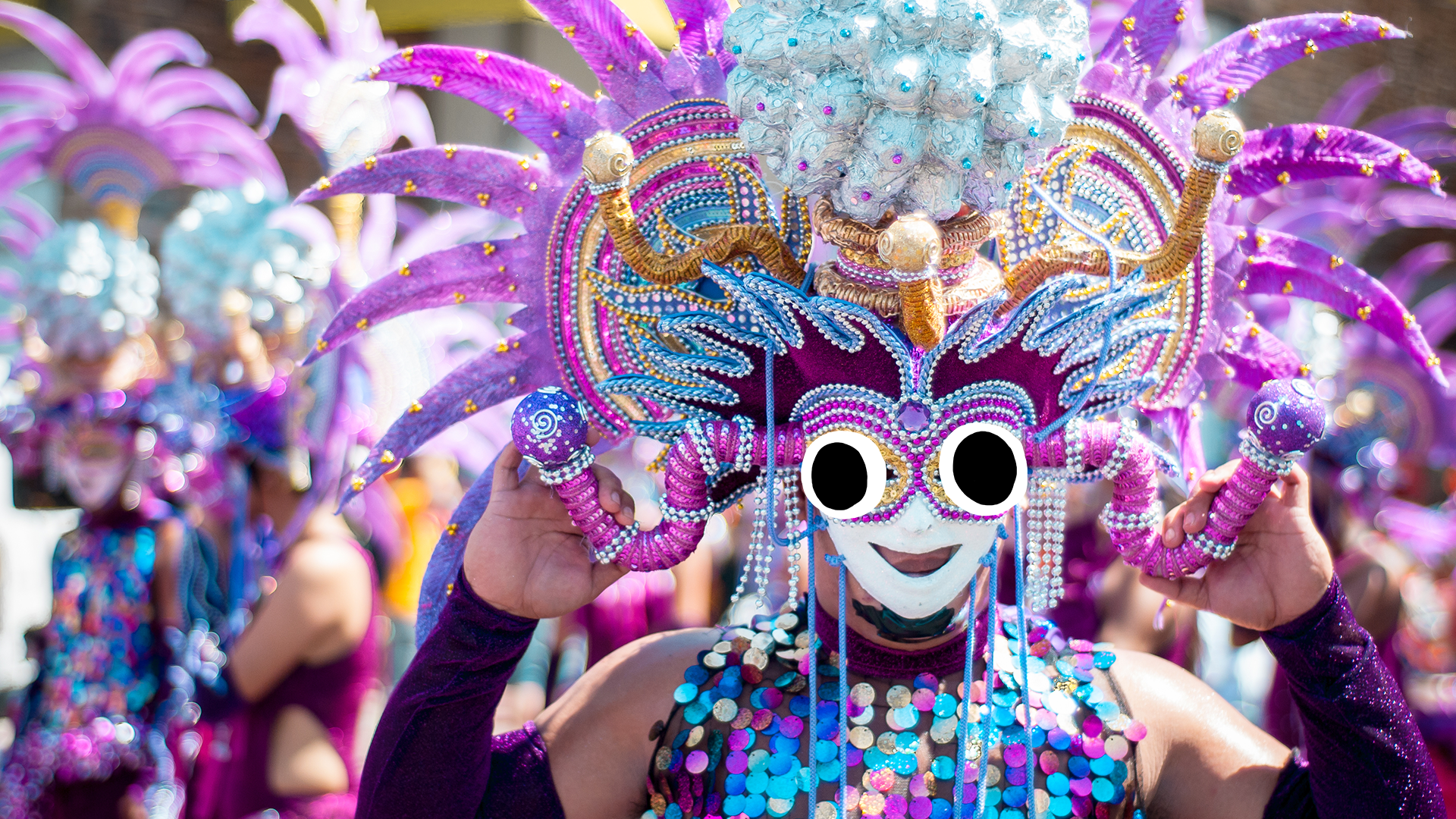
We said Shrove Tuesday has different names in different countries, and one of the most famous is Mardi Gras! “Mardi Gras” is French for “fat Tuesday”, which describes how people go all out eating fatty foods and partying before Lent! Mardi Gras is celebrated in a lot of countries, including Germany and Belgium, but it’s probably most famous in the USA, especially in places with a lot of French settlers. The southern city of New Orleans, Louisiana, is famous for its Mardi Gras carnival, which includes a dancing, crazy parade floats, and wild costumes! If you’ve seen The Princess and the Frog, remember the big parade at the end of the movie? That’s Mardi Gras! So that means The Princess and the Frog is a Pancake Day film!
4. “Pancake Day” references the most popular food
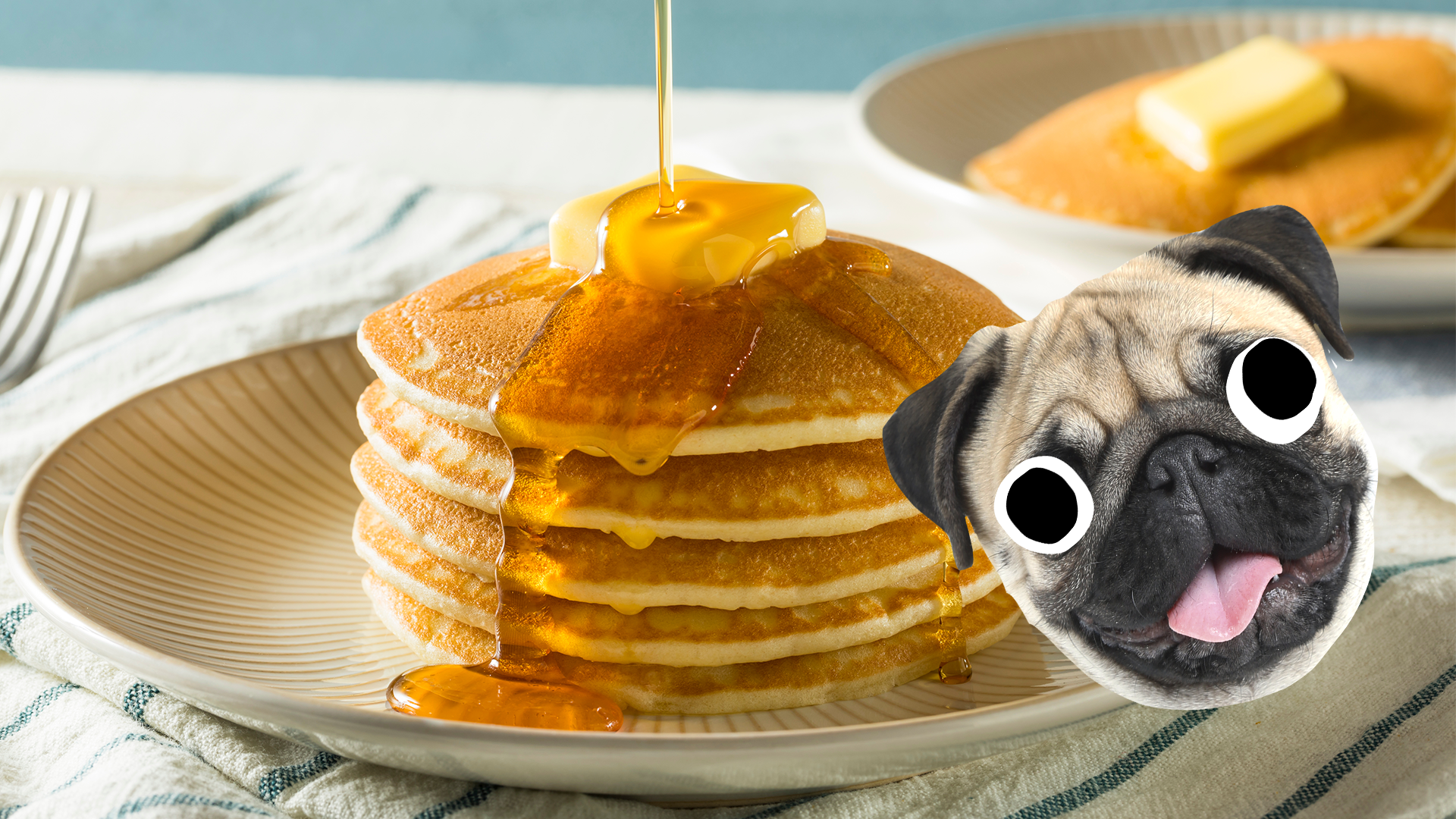
The UK name might sound very different from Mardi Gras, but they’re actually sort of similar – pancakes are a very rich, fatty treat, and they were an excellent way to use up eggs and other fatty foods before Lent!
5. British pancakes are different from American ones
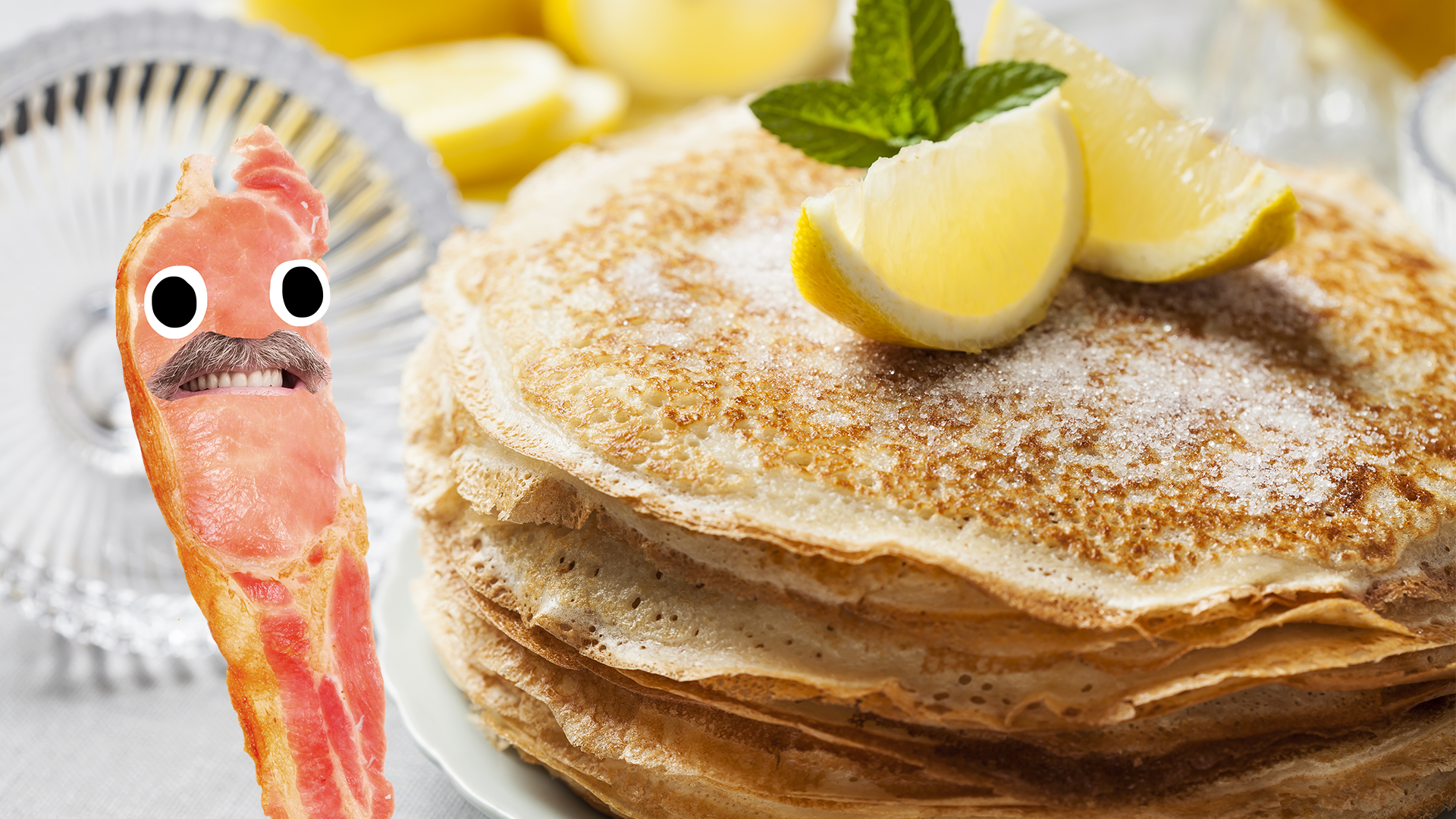
American-style pancakes are super popular in the UK, and you’ve probably tried some – a big stack of thick friend batter with maple syrup, and maybe some fruit, ice-cream, or even bacon! But traditional British pancakes are very different, and if you’ve never tried them you might be surprised! They’re very thin and flat, and always eaten right out of the pan. Traditional toppings are different too – golden syrup or lemon and sugar are usually served with British pancakes!
6. Pancake races are the traditional way to celebrate
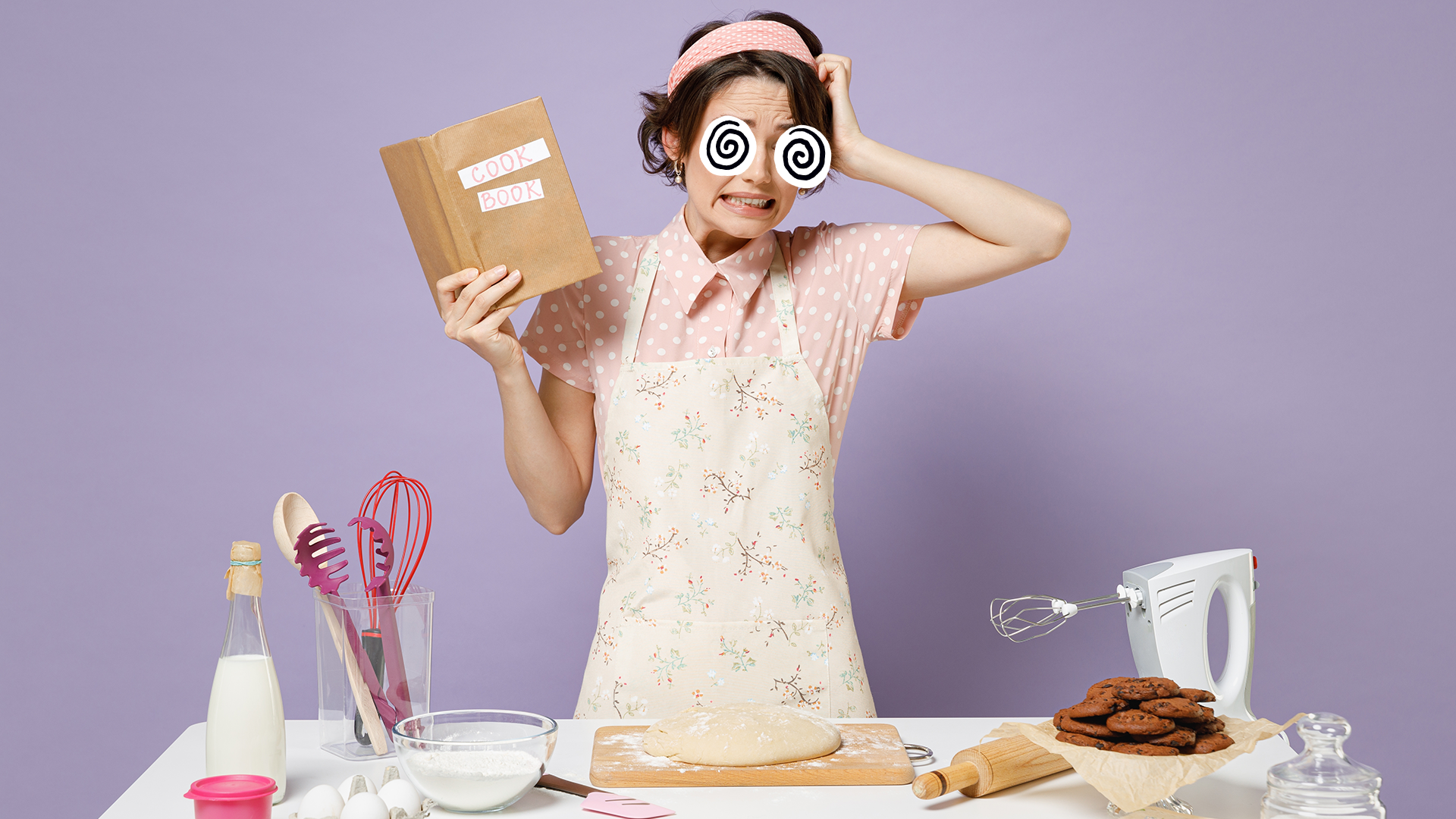
Ever done a pancake race? If not, you’re missing out! The race is simple – you dress up, then run down the street with a pancake in a pan, and try not to drop it. Whoever crosses the line first without dropping the pancake is the winner! This tradition is said to originate in 1445 in Olney, Buckinghamshire. On Shrove Tuesday a woman heard the church bell ringing while she was still making pancakes, so she ran to church in her apron with the frying pan still in her hands! Olney still holds the biggest pancake race and it has strict rules – you have to flip the pancake at the beginning and the end of the race, and you have to wear a scarf and apron!
7. The Pancake Race isn’t just British!

The town of Liberal, Kansas has been hosting an international Pancake Day race since 1948 in competition with Olney! The two towns race on a measured course, and later compare results to declare a winner. Liberal has had the most wins, with 38 to Olney’s 31!
8. One school has its own tradition
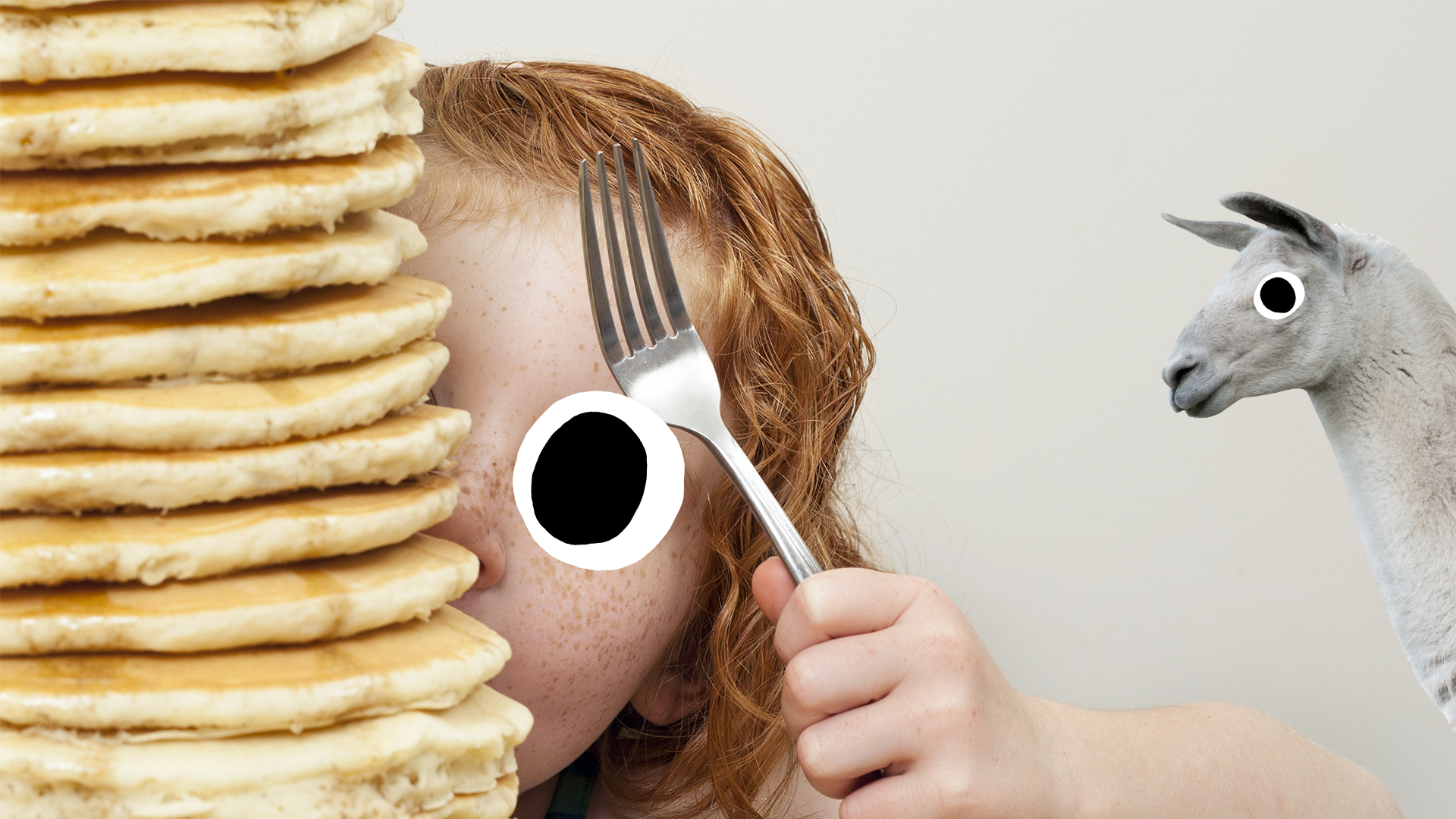
Westminster School in London has a Pancake Day tradition called the Pancake Greaze. Every year the school cook hurls an enormous pancake over a high metal bar. The pupils scramble for it, and whoever gets the biggest portion is the winner!
9. Scarborough has a different, pancake-free tradition

In Scarborough the foreshore closes to traffic, schools closes early, and people gather to skip along the promenade! Long ropes are stretched out acorss the road, traditionally from the nearby harbour. No one quite knows why this tradition came about, but it sounds fun!
10. Pancakes might be older than you think
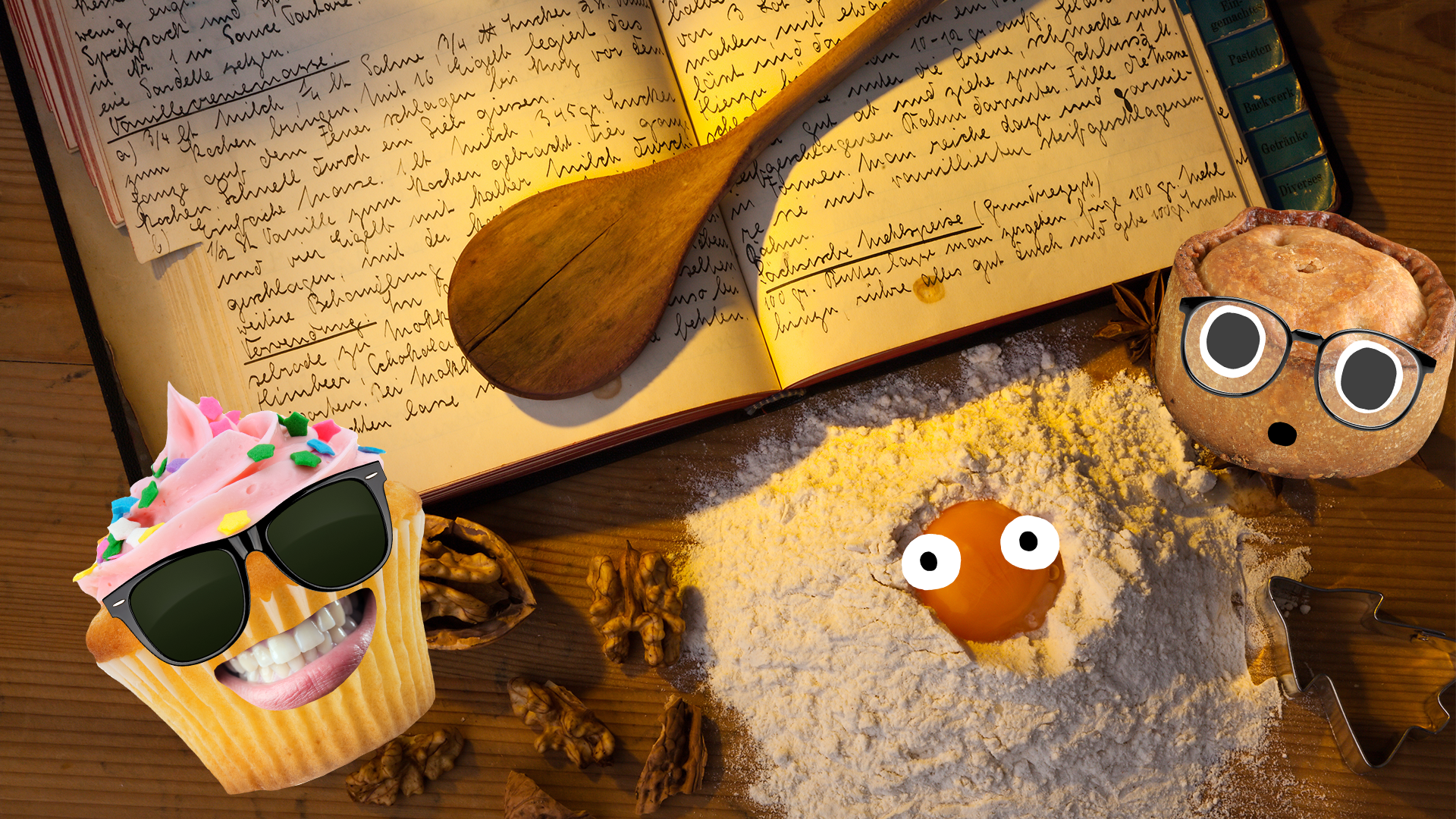
The first recorded pancake recipe was in an English cookbook – from 1439!
11. We use SO MANY eggs
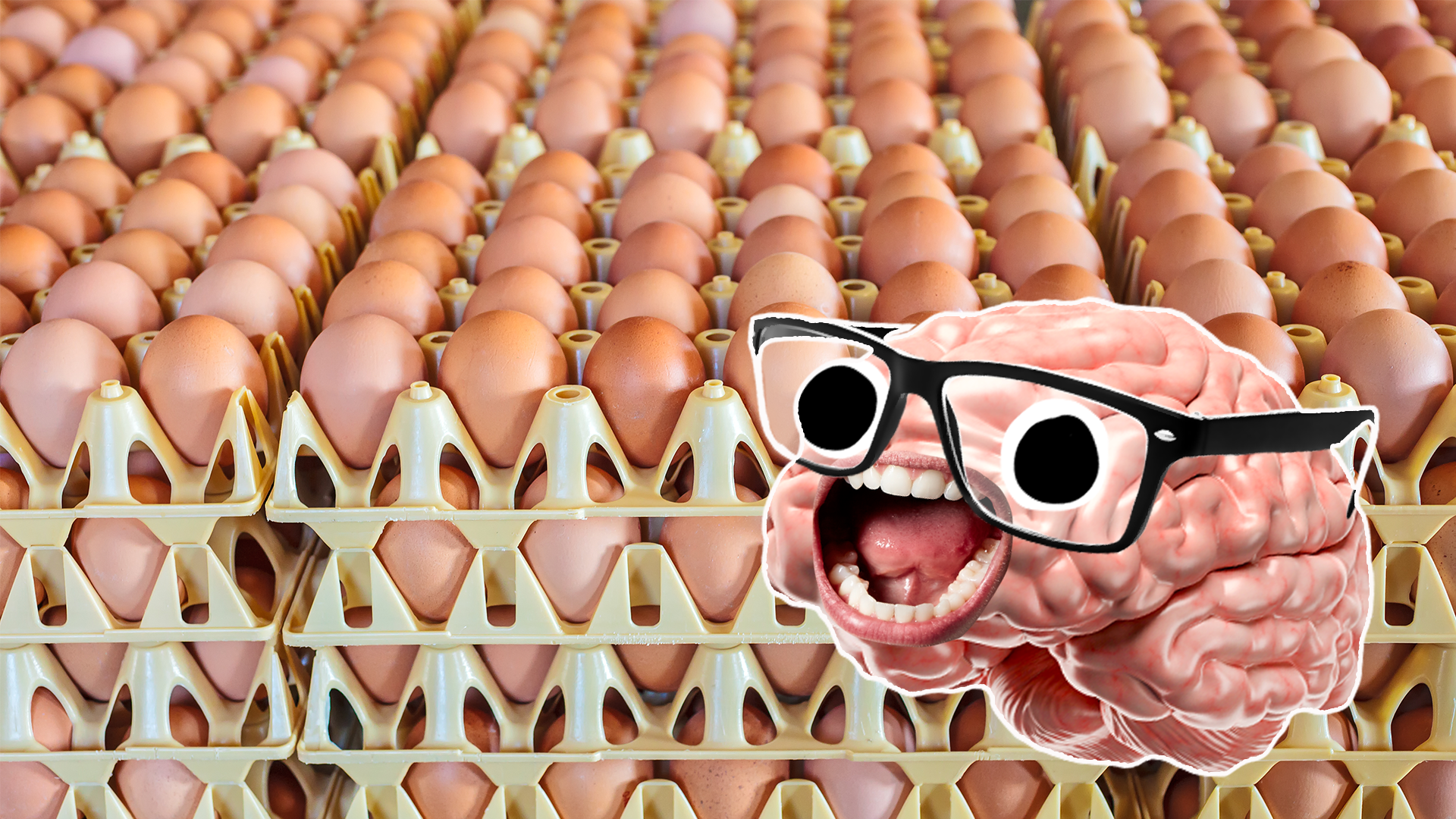
Brits use approximately 52 MILLION eggs on Pancake Day – as a whole, not individually, of course! That’s about 22 million more than an average day!
12. Fresh snow used to be a pancake ingredient
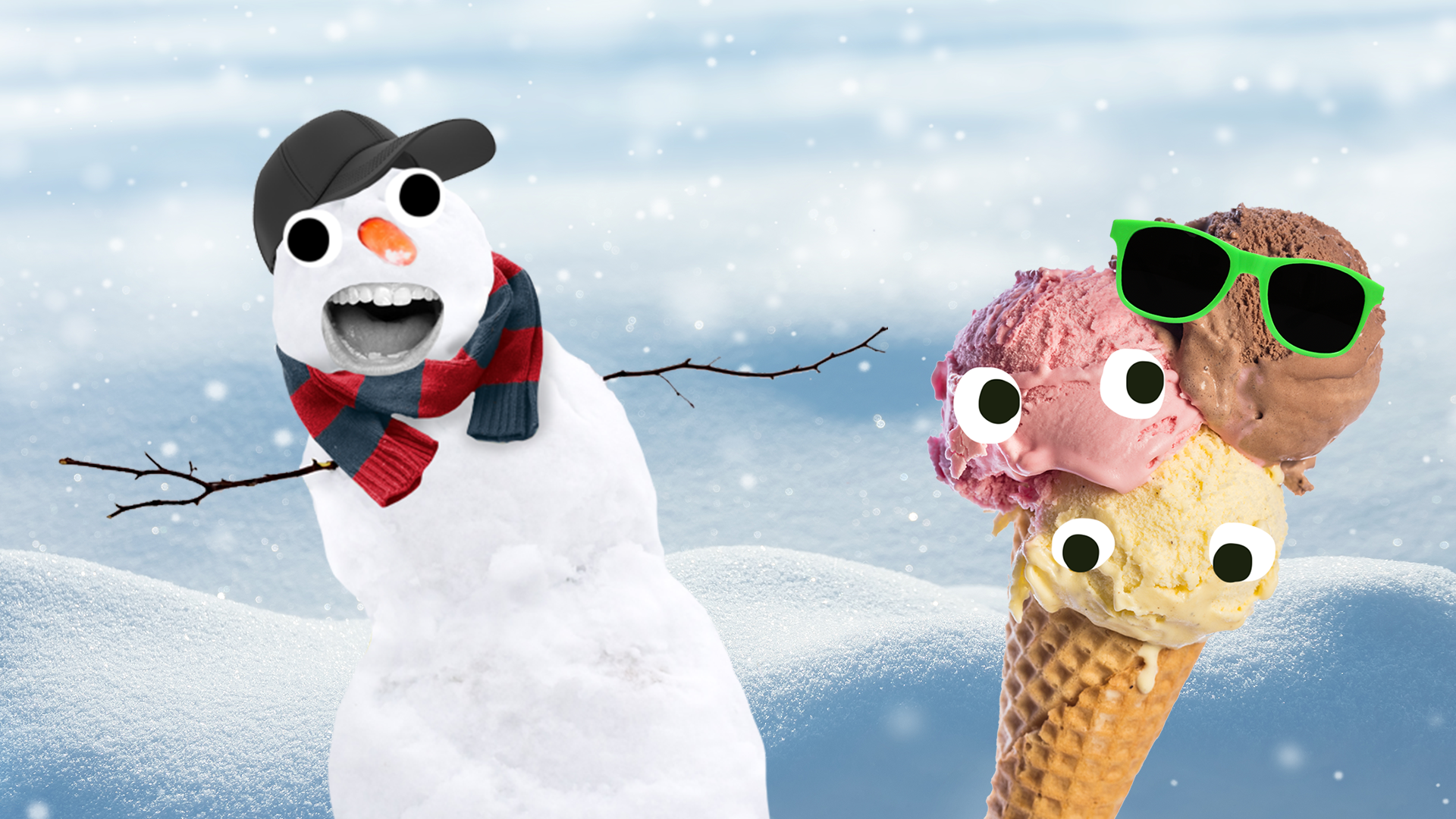
If you want a nice fluffy American-style pancake you might need baking soda. But what did people do before it was invented? Some cooks used fresh snow! It contains ammonia, which helps make the batter soft!
13. It used to involve trick-or-treating, sort of
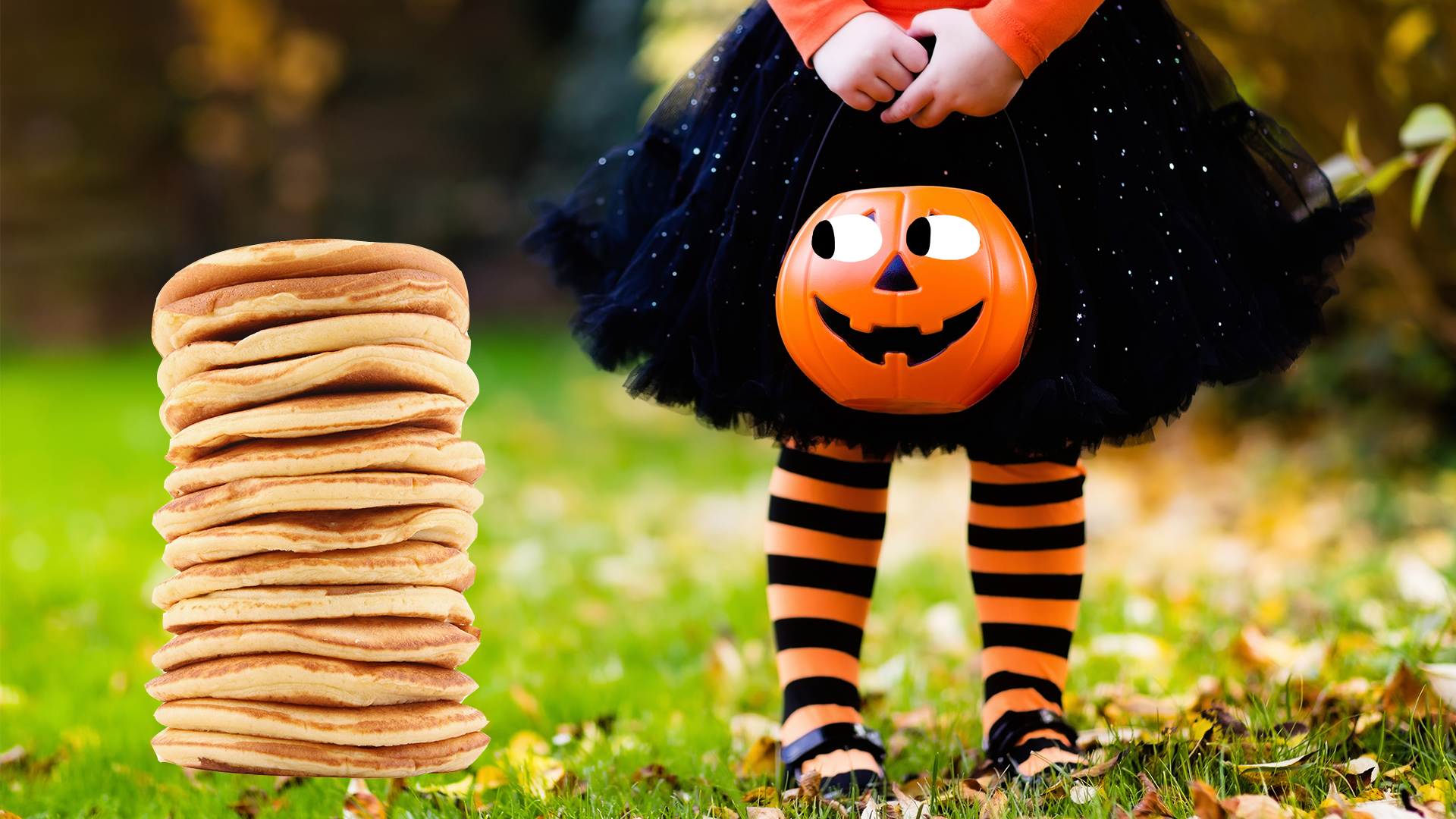
Traditionally, Shrove Tuesday in England used to involve a form of ritual begging known as “wassailing”, where children and young people would go door to door and ask for bits of food from the frying pan. If the house didn’t give them anything, the kids might get a little rowdy, throwing things and playing ding-dong-dash. Sounds kind of familiar, right?
14. Ireland has some interesting traditions
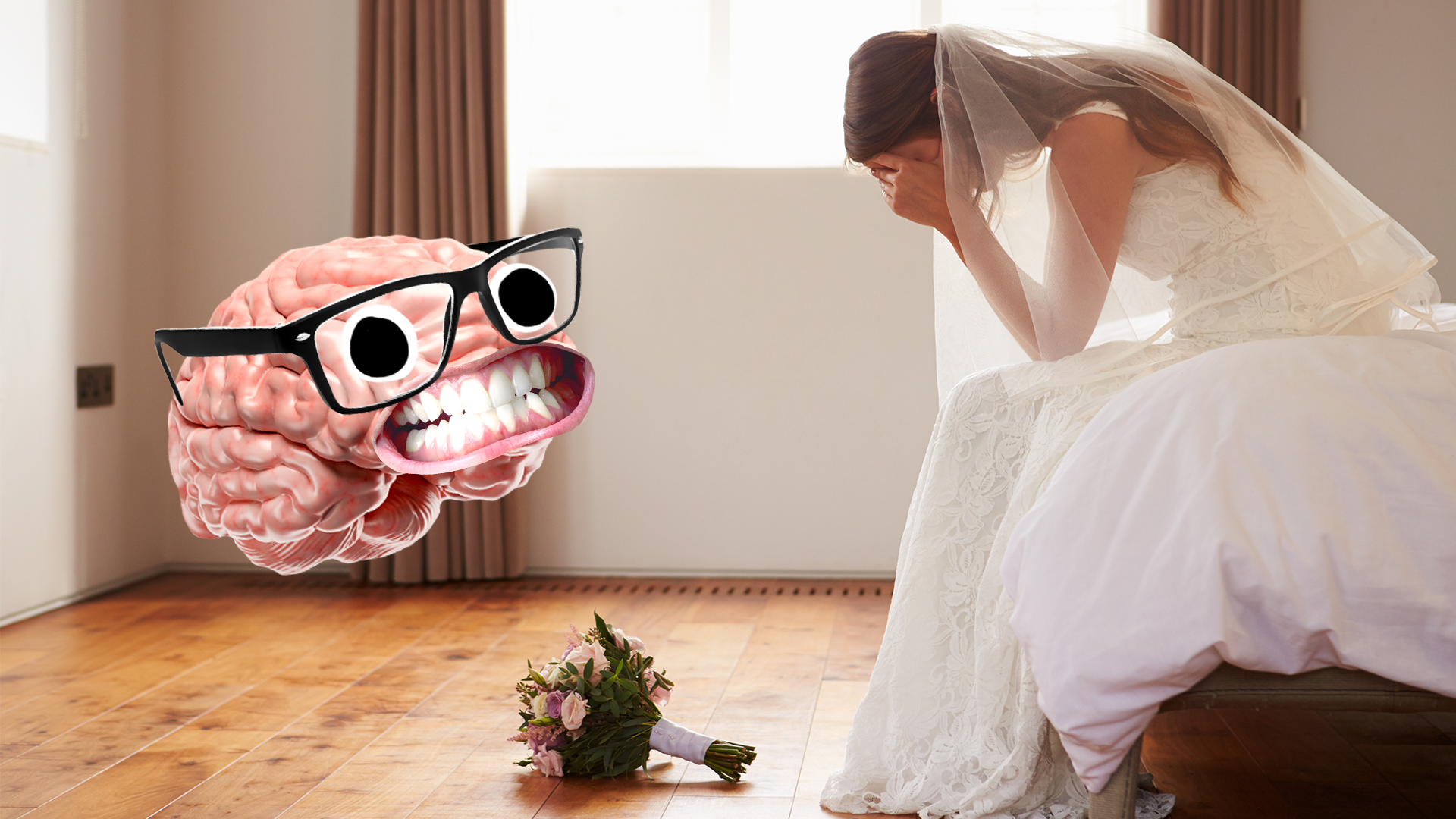
Traditionally the oldest daughter of the family would toss the first pancake. If the pancake fell on the floor, she would remain unmarried for the next 12 months. Yikes! Weddings would usually not be held during Lent, so weddings on Shrove Tuesday were quite popular!
15. In Iceland it’s called Bursting Day
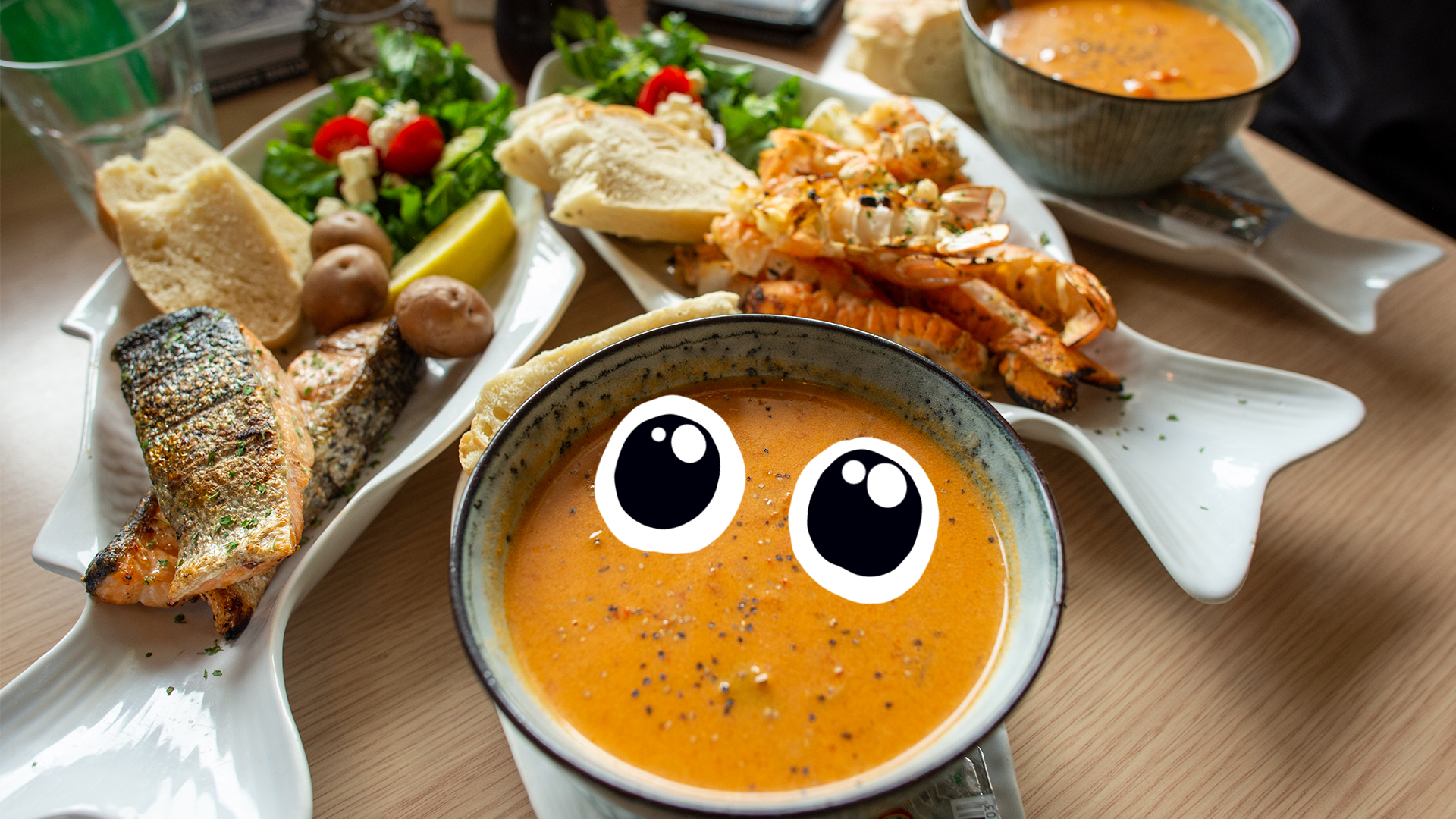
The Icelandic celebration is called Sprengidagur, which means “Bursting Day” – so, a day of eating fabulous foods! The traditional meal isn’t pancakes, though, but a soup made of vegetables and lentils served with salty meat. Yum!



















